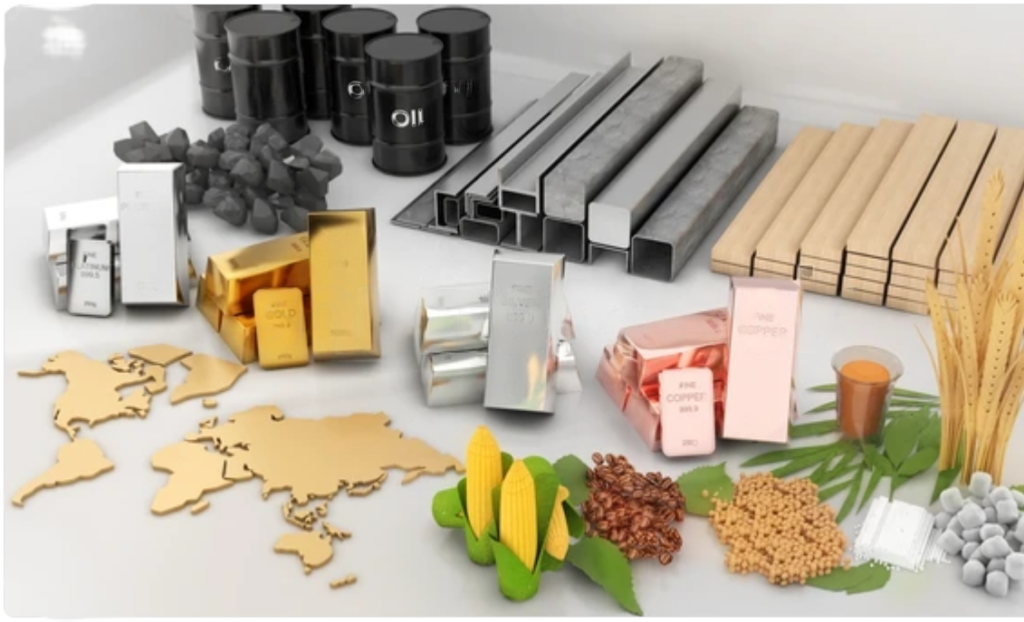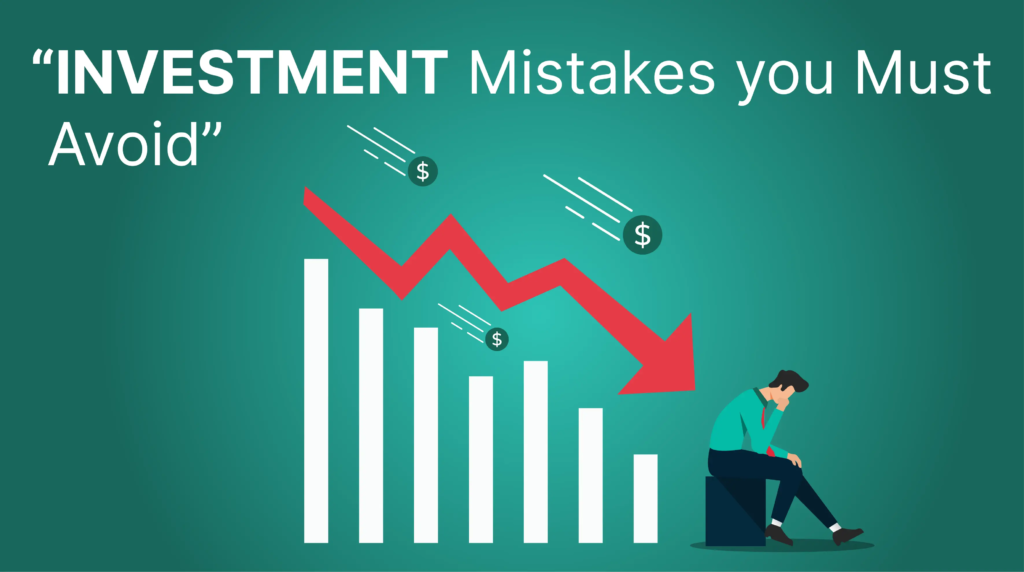MCX (Multi Commodity Exchange of India) provides a platform where traders buy and sell commodities like metals, energy, and agriculture. Though it concentrates on commodities rather than equities, it functions similarly to stock exchanges. Traders enter into commodity futures contracts, which are standardized agreements to buy or sell a specific commodity at a set price on a future date. Traders and investors buy and sell these contracts. MCX provides a transparent platform for commodities market players, facilitating price discovery and risk management for producers and speculators.
Commodities Traded on MCX
1. Precious Metal :
Precious metals are highly sought-after commodities that play a key role in the Multi Commodity Exchange (MCX). Gold and silver are the most traded precious metals, valued for their global demand, inherent worth, and historical significance. These metals are available as futures contracts on MCX, allowing portfolio diversification, speculation, and protection against price volatility.
2. Base Metals :
Base metals, essential for industrial and economic development, make up a significant portion of commodities traded on MCX. Actively traded basic metals on MCX include copper, zinc, lead, nickel, and aluminum. These metals are essential to the global manufacturing, transportation, infrastructure, and construction industries. MCX offers base metal futures contracts, helping participants manage price risk, predict trends, and profit from demand shifts. Base metals are vital to the global economy, with MCX trading influenced by supply, technology, and trends.
3. Energy :
Energy commodities like natural gas and crude oil are vital to global markets and traded on MCX. These goods are necessary for the global production of energy, transportation, and industrial operations. MCX offers futures contracts for natural gas and crude oil, helping traders manage exposure and hedge against volatility. MCX offers futures contracts for natural gas and crude oil, helping traders manage exposure and hedge against volatility.
4. Agricultural Commodities :
Agricultural commodities like cotton, soyabean, guar seed, and turmeric are traded on the Multi Commodity Exchange (MCX). These commodities provide farmers, dealers, and processors with price discovery, risk management, and market-based speculation opportunities. By providing clear and effective trading opportunities, the agricultural component of MCX contributes to the agricultural ecosystem in India.
5. Spices :
Spices like pepper, cardamom, cumin, and turmeric form a significant portion of commodities traded on MCX. These spices are essential for use in industrial, medical, and culinary applications worldwide. MCX offers spice futures contracts, enabling price discovery, risk mitigation, and speculation on supply-demand and geopolitical factors. Spice trading on the MCX serves a wide range of stakeholders, including traders, consumers, and exporters and farmers. This ensures market efficiency, transparency, and strengthens India’s role as a top producer and exporter.




